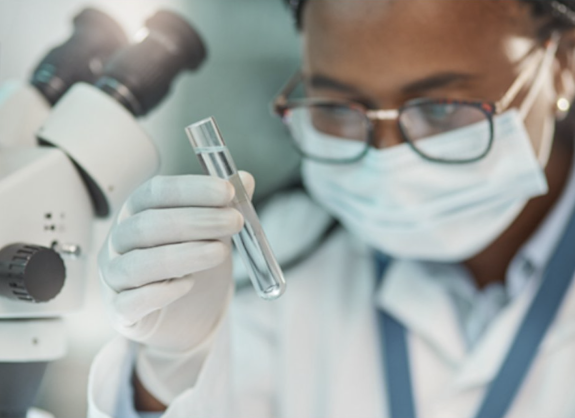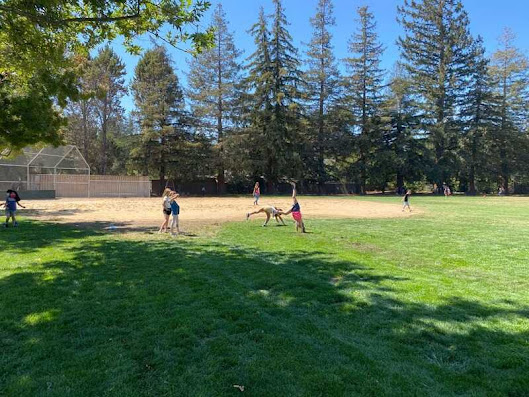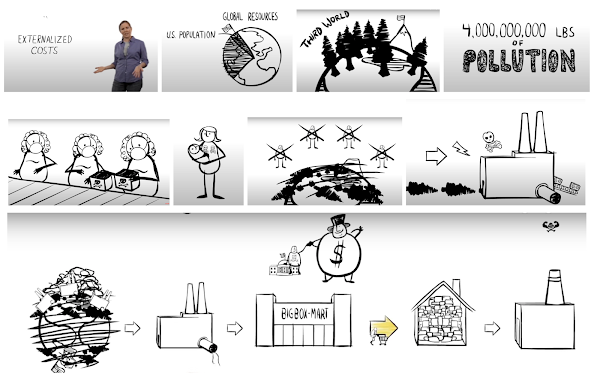EPA has tasked local governments, including LGUSD Board & the Town of Los Gatos, with preventing new PFAS contamination.

PFAS are used in artificial turf manufacturing. They have been found in the blades and backing of fields in use , most later landfilled. So from site of manufacture to site of use to site of disposal, artificial turf potentially contributes to PFAS in people, environments, animals and water. According to the United States Environmental Protection Agency , PFAS have been linked to: developmental delays in children, accelerated puberty, hormone interference, decreased fertility, reduced immune systems, including reduced vaccine response, increased risk of prostate/testicular cancers, high cholesterol, etc. The conclusion of the “ PFAS Strategic Roadmap: U.S. Environmental Protection Agency’s Commitments to Action 2021-2024 ” includes a directive to local governments to exercise increased and sustained leadership to prevent new PFAS contamination. Call upon your local governments to fulfill this EPA directive they’ve been tasked with. Call upon them to landscape schools and parks w...






